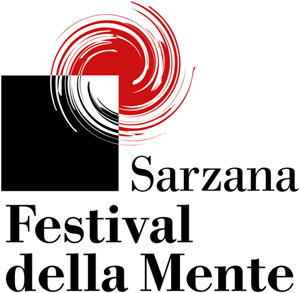2013 Programme
EVENT #3
Alessandra Lemma
The body as a canvas: depicting/defacing the body
We all have a story to tell but do not always choose to do so. However there is a story that we cannot avoid telling: it is the story inevitably told by our bodies. Drawing on her clinical and research work, but also on cinema, fiction and art, Alessandra Lemma explains that the decision to change one's body by various means—piercing, tattoos, plastic surgery or others—can be understood as self-assertive rather than self-destructive. Can the psychoanalytical perspective understand those people for whom the manipulation of the body is a physical need? In spite of the pain caused by modification procedures, the anxiety over one's appearance, the psychological role of plastic surgery, of tattooing, of scarification, the bodily dysmorphic disorder are increasingly recurrent in this society of appearance and of bodiliness.
is a psychoanalyst. She is a member of the British Psychoanalytical Society and works as a consultant in clinical psychology. She is visiting professor at the Psychoanalysis Unit of the University College London and at Essex University. She is director of the Psychological Therapies Development Unit at the Tavistock and Portman NHS Foundation Trust, and of the clinic of the Psychological Interventions Research Centre at University College London. She is also General editor of the series “The New Library of Psychoanalysis” and Regional editor of the International Journal of Psychoanalysis. Her clinical and research interests focus around disorders of the body image (with particular regard for dysmorphophobia), transsexuality, trauma and development in adolescents. Her books include: Sotto la pelle [“Under the skin”] (2011), and Terapia dinamica interpersonale breve [“Brief Dynamic Interpersonal Therapy”](with M. Target, P. Fonagy, 2012), both published by Raffaello Cortina Editore.
EVENT #18
Stefano Bartezzaghi, Massimo Recalcati
To inherit or to be creative? Art in the time of disoriented generations





















